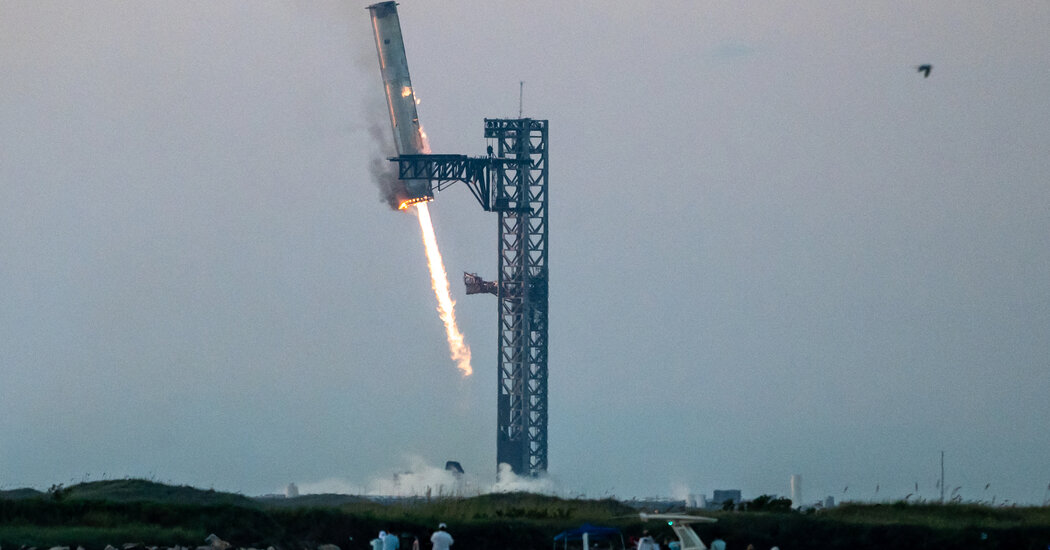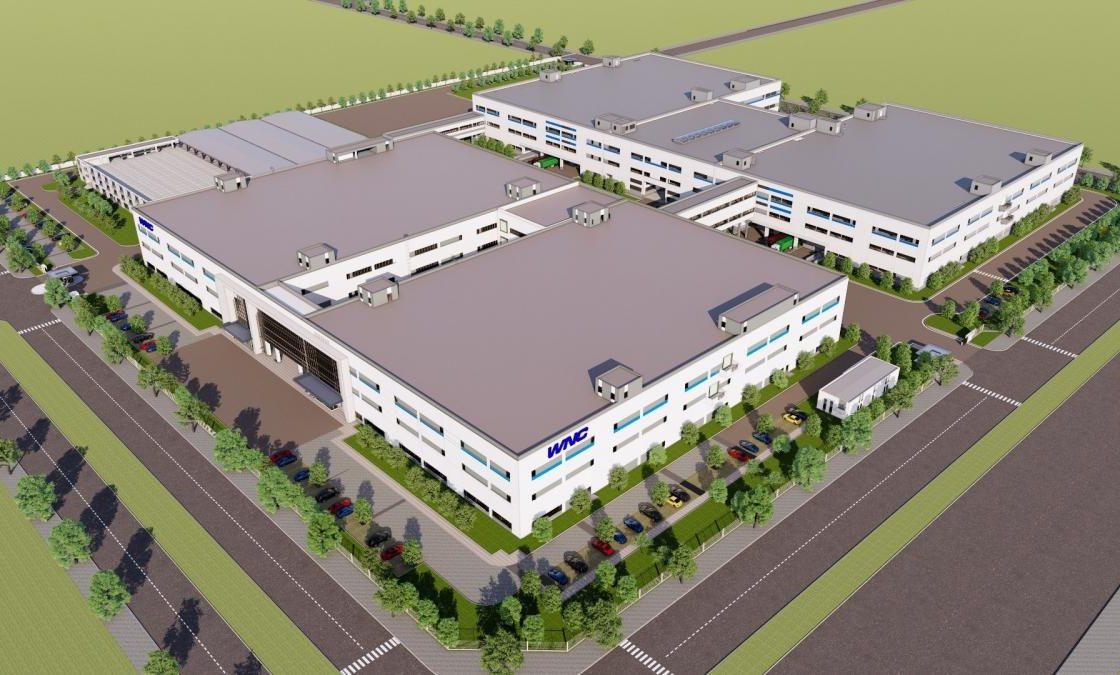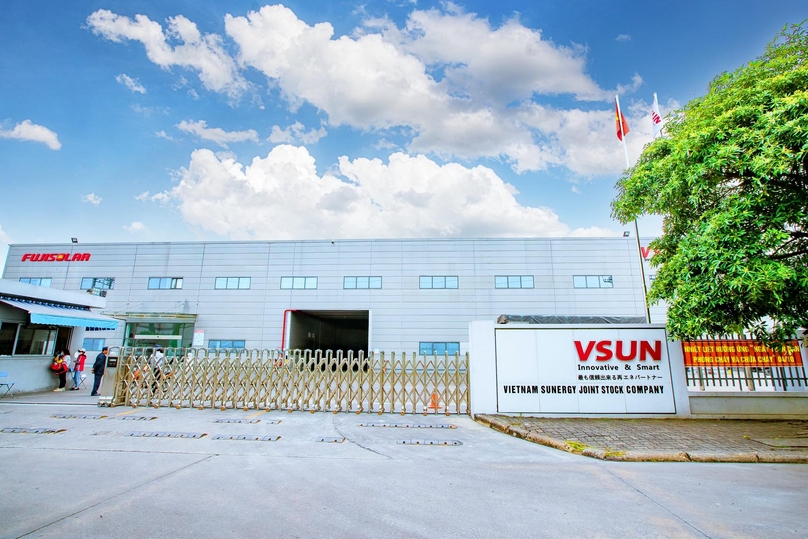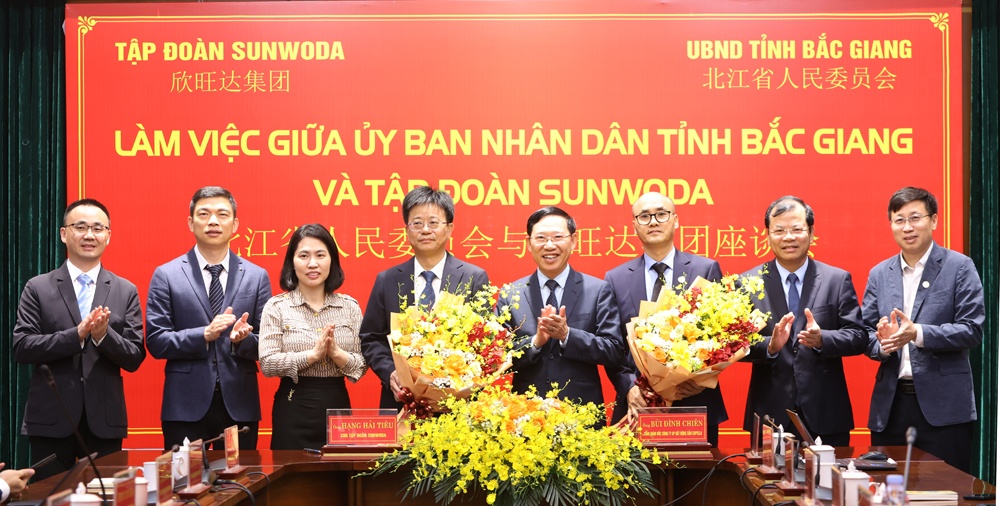Elon Musk’s SpaceX has reportedly requested multiple Taiwanese suppliers to shift their satellite component manufacturing operations outside of Taiwan. According to sources connected to the suppliers and internal corporate documents, this move is driven by concerns over geopolitical risks. As a result, some manufacturers have already started relocating parts of their supply chain, with Vietnam emerging as a favored destination for production.

One source working for a supplier of SpaceX’s Starlink satellite internet products confirmed that the company specifically asked manufacturers to transfer production outside Taiwan, prompting at least one firm to move its operations to Vietnam. Another source, who collaborates closely with Taiwanese satellite component producers, mentioned that suppliers were given direct requests from SpaceX to relocate their manufacturing abroad.
Chin-Poon Industrial, a known supplier of SpaceX, confirmed that the US company asked them to shift production from Taiwan to Thailand for future orders, citing “geopolitical considerations” as the primary reason. However, they did not elaborate further on the details. SpaceX has not provided any comments on these developments despite multiple requests for a statement.
These shifts come amidst heightened tensions between Elon Musk and Taiwan. In 2023, Musk drew backlash from the Taiwanese government when he referred to Taiwan as an “integral part” of China, a statement that resonated poorly given the sensitive political dynamics. Mainland China, which views Taiwan as a part of its territory, has ramped up military activities around the island in recent years, even carrying out war drills simulating a blockade as recently as last month. Taiwan, which functions as a self-governing democracy, rejects China’s sovereignty claims.
The increasing intensity of China’s military drills has led to significant concerns among Taiwanese companies involved in strategic sectors such as satellite technology and semiconductors. Many of these firms are now actively exploring options to diversify their manufacturing operations and reduce reliance on domestic production to mitigate the risk of potential supply chain disruptions.
In line with this trend, Wistron NeWeb Corporation (WNC), another SpaceX supplier, began producing routers and other network equipment for Starlink at its factory in Hanam, a province located just south of Hanoi, Vietnam. Workers at the factory and a contractor reported that this expansion was driven primarily by orders from SpaceX. WNC’s workforce in Hanam, which currently stands at around 3,000 employees, is expected to double, with job advertisements for new hires visible around the factory as of mid-October.

A source familiar with SpaceX’s relocation demands noted that a Vietnam-based supplier, which provides printed circuit board components for Starlink equipment via WNC, was instructed by SpaceX to shift production outside Taiwan. While WNC declined to comment, citing customer confidentiality, their annual report acknowledged that in response to evolving customer demands and geopolitical risks, they are actively expanding their global manufacturing capabilities.
Universal Microwave Technology, another Taiwanese manufacturer supplying satellite components to SpaceX, invested in a new factory in Vietnam this year. Although the company did not disclose client-specific details due to confidentiality agreements, it highlighted that expanding production in Southeast Asia would help address customers' concerns over geopolitical risks, improve client relations, and open up new cooperation opportunities.
The Taiwanese satellite industry is substantial, encompassing around 50 companies that produce ground equipment and specialized components. In 2023, the sector generated an estimated output of T$200 billion (US$6.23 billion). Sources familiar with the industry say SpaceX has about a dozen direct suppliers in Taiwan, each relying on numerous local vendors.
Vietnam’s government revealed in September that SpaceX is exploring a potential investment of US$1.5 billion in the country, though the specifics and timeline remain uncertain. Additionally, Shenmao Technology, a supplier of soldering materials for printed circuit boards that previously worked with SpaceX, announced in April that it would invest US$5 million to set up a production unit in Vietnam. The company has not disclosed which clients will benefit from this new facility.
The broader movement of satellite component manufacturing from Taiwan to other regions, particularly Southeast Asia, marks a significant shift in the supply chain strategies of companies like SpaceX, driven by the growing need to safeguard operations from geopolitical uncertainties.
On August 3rd, Taseco Real Estate Investment Corporation, a subsidiary of Taseco Group, held a groundbreaking ceremony for the "Construction and Infrastructure Business of Đồng Văn 3 Support Industrial Park," located east of the Cầu Giẽ - Ninh Bình expressway. The event was attended by Deputy Minister of Construction Nguyễn Tường Văn, Hà Nam's Deputy Secretary Đinh Thị Lụa, Provincial Chairman Trương Quốc Huy, and 500 distinguished guests.
Vietnam kicked off 2025 with a strong surge in foreign direct investment (FDI), reaching $4.33 billion in January—a 48.6% increase from the same period last year. Despite a slower start in new projects, additional investments and stake acquisitions skyrocketed, highlighting growing confidence from foreign investors.
Vietnam Sunergy Wafer, a Japan-invested solar cell manufacturer, is set to begin production at its $30 million factory in Hung Yen province this June. According to a project report, the company aims to finalize administrative procedures by May and install equipment in June, preparing for full-scale operations. The plant spans 2.65 hectares in Minh Quang Industrial Park and will focus on producing silicon wafers, a critical component in solar cells.
The Foreign Investment Agency released data on newly registered, adjusted, and capital contributions or share purchases by foreign investors (FDI) after nine months of 2024.
The Secretary General and Chairman of the Office of the National Assembly, Lê Quang Tùng, recently announced the top 10 notable events and activities of the National Assembly in 2024. Among these, three significant laws with a direct impact on the real estate market were prominently featured.
Sunwoda will pour an additional $300 million into the manufacturing facility in Yen Lu Industrial Park. The project will employ 5,000 local workers and generate $1 billion in revenue per year. Sunwoda will continue to make additional investments in the next stages based on its upcoming growth in Vietnam





